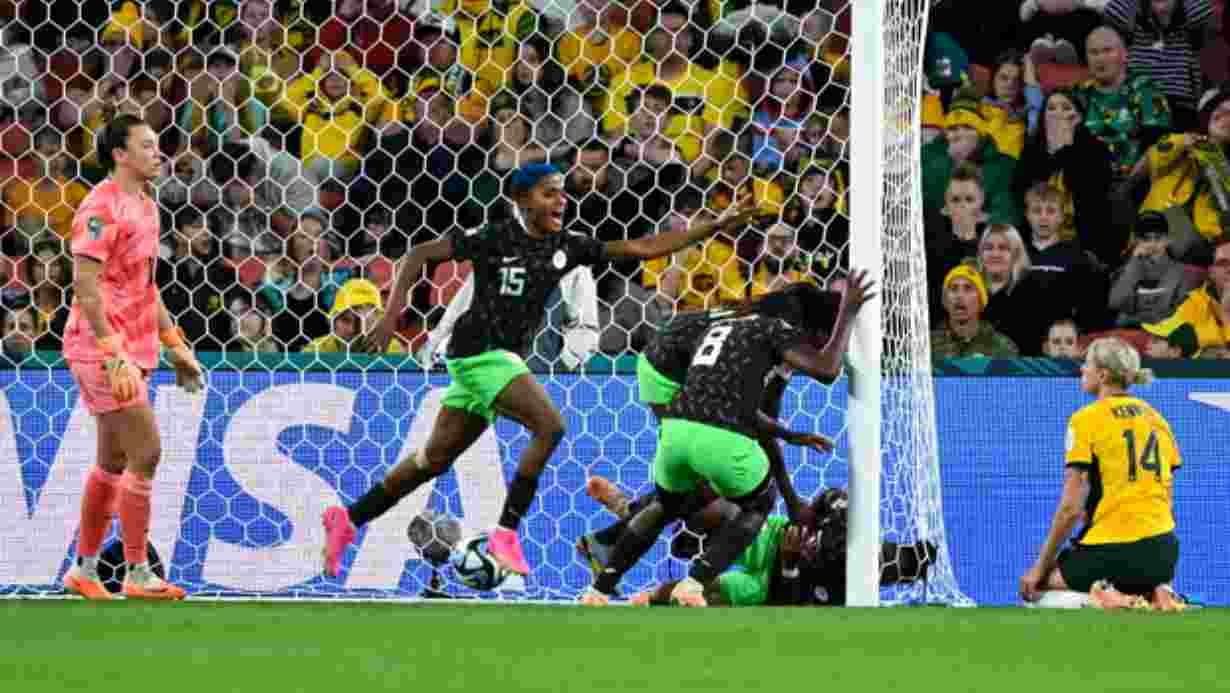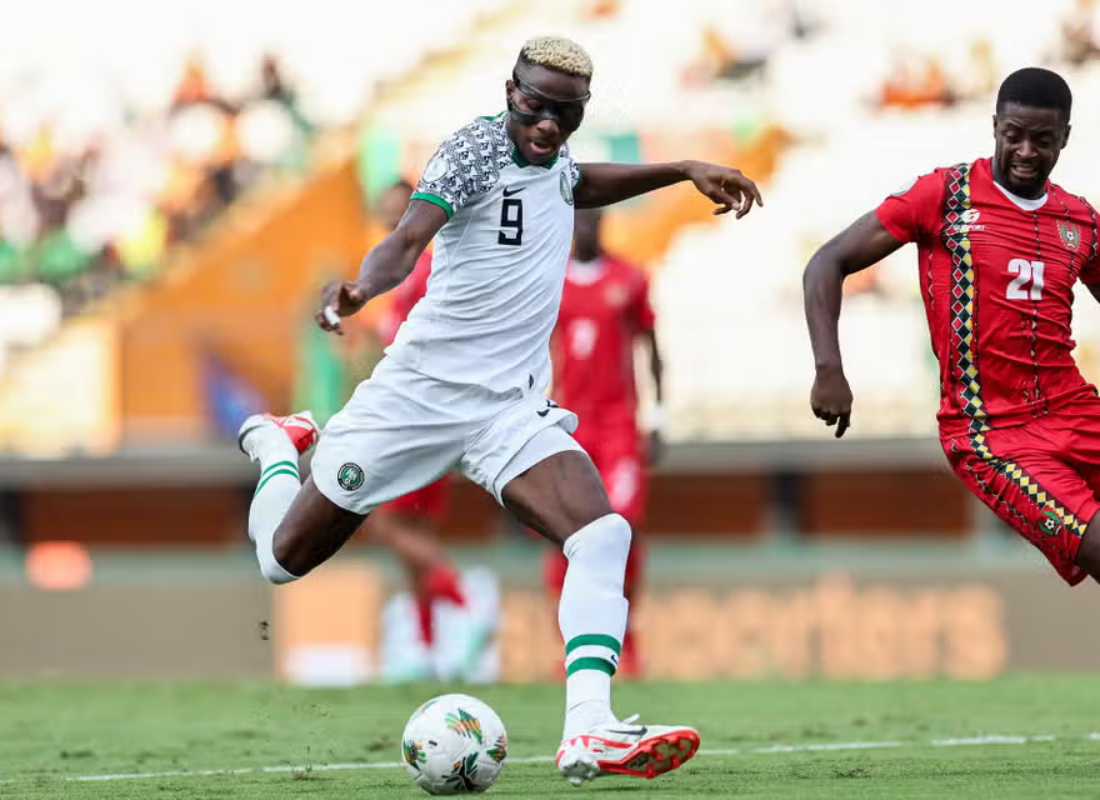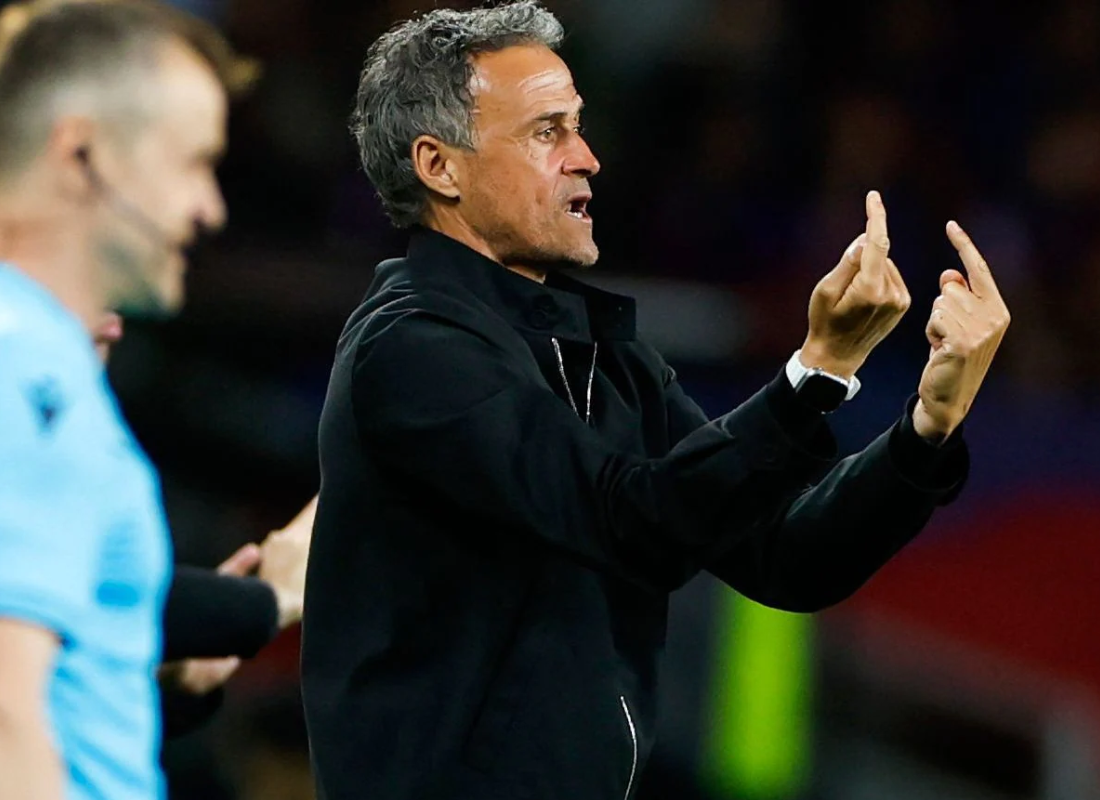Throughout the week, the Matildas grappled with the question of how to compensate for the absence of their injured captain, Sam Kerr, and recently concussed striker, Mary Fowler. However, during the Thursday night match, it became clear that they had been focusing on the wrong aspect.
Nigeria managed to score three goals against a stunned Australian team, leaving the home crowd silenced and the Matildas’ Women’s World Cup dreams in jeopardy. Despite managing to score two goals despite missing Kerr and Fowler, the Australians had not anticipated conceding three.
The game, and possibly their entire World Cup campaign, underwent an abrupt change. After a dominant but goalless first half, the Matildas finally scored in the first minute of injury time. The players rushed toward their bench in celebration. Despite facing a challenging week with Kerr’s late withdrawal before the opening match and injuries to Fowler and Aivi Luik, the players knew instinctively where they wanted to be at that victorious moment.
In perfect harmony, the Matildas, clad in golden attire, swiftly covered half the pitch. With captain Kerr, Fowler, and other players on the bench, the 11 starters had only one place to celebrate their triumph. This moment could have become the tournament’s defining scene, a crucial turning point that might shape their entire campaign if they had maintained their lead.
The goal they scored was truly exceptional. It all began with Nigeria’s goalkeeper, Chiamaka Nnadozie, delivering a poorly-placed goal-kick late in the first half. Katrina Gorry skillfully gathered the ball and quickly passed it to Arsenal’s Caitlin Foord, who swiftly advanced down the left flank.
Although Cortnee Vine made an initial move into the box, it was Emily van Egmond, following closely behind, who managed to connect with Foord’s cross. On Thursday night, Tony Gustavsson took a calculated risk by selecting Van Egmond as the one change in the lineup after Fowler’s absence. Instead of opting for youthful exuberance in Alex Chidiac or creativity from Tameka Yallop, the Swedish coach put his trust in Van Egmond, who had 130 matches under her belt for the Matildas.
However, the joyous atmosphere among the home team and the enthusiastic crowd quickly dissipated. Just moments before halftime, in the deep fifth and final minute of injury time, Nigeria seized a crucial opportunity. Rasheedat Ajibade surged forward on the left, leaving Australia’s attacking-minded wingback, Ellie Carpenter, in a precarious position.
With her easily identifiable blue hair and impressive speed, the Atlético Madrid star skillfully advanced towards the Matildas’ box. Her cross took a deflection and found Uchenna Kanu lurking at the far post, and she confidently slotted the ball past Mackenzie Arnold.
This marked only the second time Nigeria had scored a first-half goal in 18 Women’s World Cup matches, and it was only the second goal Australia had conceded in six games. Nevertheless, the impact of the goal was substantial. The two goals shattered the tense atmosphere that had engulfed Brisbane Stadium, as the Matildas controlled the game but struggled to convert their chances during regular play.
The match had seen several corners and opportunities, but lacked the finishing prowess of Kerr or Fowler (or the attacking trio of Asisat Oshoala, Francisca Ordega, and Deborah Abiodun for Nigeria).
Prior to Nigeria’s quick succession of goals, the primary concern for the Matildas had been Cortnee Vine’s injury and subsequent concussion test (which she passed without difficulty), rather than any threat from Nigeria. How rapidly the situation had changed. A week after the historic crowd at Stadium Australia in Sydney, it was Brisbane’s turn to host the much-anticipated event.
In the VIP seats, notable figures like Australian Prime Minister Anthony Albanese, Foreign Minister Penny Wong, and basketball star Patty Mills were joined by almost 50,000 other enthusiastic fans who gathered in Caxton Street before making their way to Brisbane Stadium for the match.
The excitement remained high during the second half. Following a more evenly-matched start to the half, the Super Falcons took a surprising lead in the 65th minute. Osinachi Ohale displayed remarkable bravery as she scored past Arnold, but she required extended medical attention after receiving a knock while hitting the ball into the Matildas’ net. Shortly after the initial disaster, the situation worsened as Barcelona’s Oshoala, who came on in the second half, added to Australia’s agony.
It was a disheartening scene, with Nigeria raining on the Matildas’ parade. Seizing on a miscommunication between Arnold and central defender Alanna Kennedy, Oshoala showcased her clinical finishing skills, securing the goal that pushed the match beyond Australia’s reach.
Despite receiving a yellow card, she jubilantly celebrated by running past the corner flag and removing her shirt, embraced by her teammates. The defensive vulnerability, rather than attacking inefficiency, might have been the cause of Australia’s setback in this highly anticipated encounter. Nonetheless, the absence of Kerr, Fowler, and Kyah Simon on Thursday night was deeply felt.
Trailing by two goals, and with their World Cup aspirations hanging in the balance, Coach Gustavsson made an unorthodox move by bringing in a central defender, Clare Polkinghorne, known for her goal-scoring ability, but fundamentally a defender. Given an unexpected 11 minutes of injury time, the Matildas had a chance to turn the tide, and they finally capitalized on their 15th corner.
With the entire team, including goalkeeper Arnold, pushing forward, Kennedy redeemed herself from an earlier mistake and headed the ball into the net. The remaining minutes were intense, but the Australians couldn’t find an equalizer before the final whistle.
Now, the Matildas face the daunting task of turning their World Cup campaign around in just four days before a crucial showdown with Canada in Melbourne on Monday. A victory would pave the way for the home side to advance to the round of 16, although they might face a tougher path through the knockout stages. On the contrary, a loss would prematurely end the Matildas’ World Cup journey, much sooner than anyone anticipated.
ALSO READ:
- Mboma’s fervent plea to Al Khelaïfi for Mbappé
- Palace and Everton Share Spoils in FA Cup Clash
- Ronaldo Wins Maradona Award for Best Goalscorer in 2023












